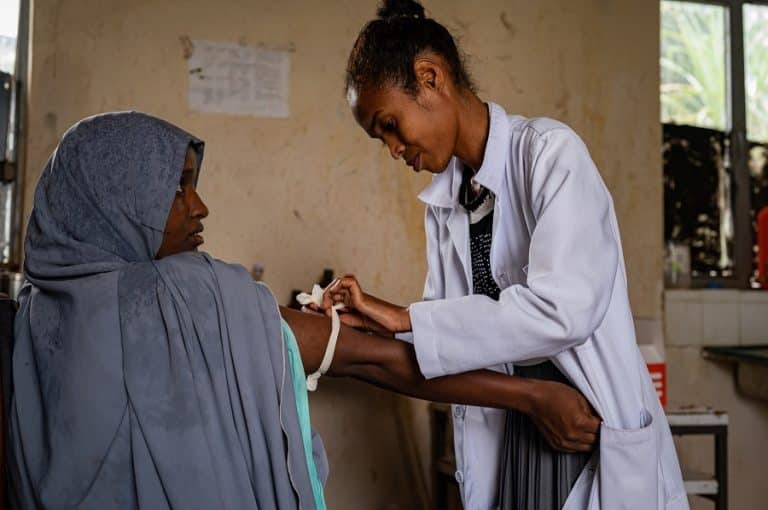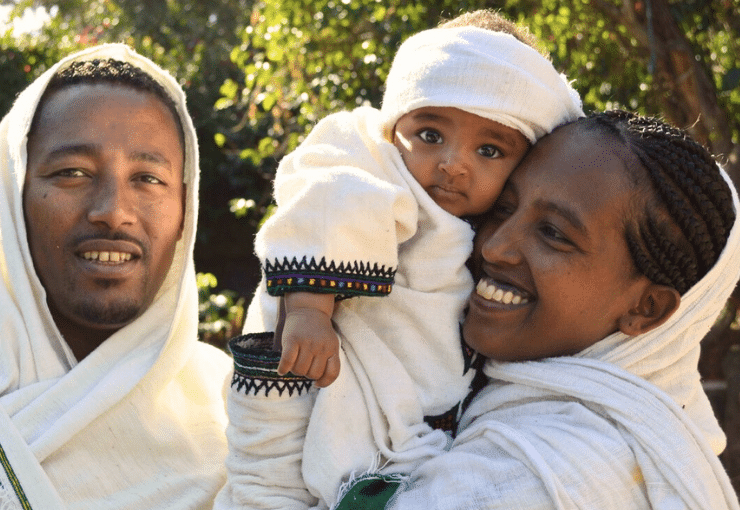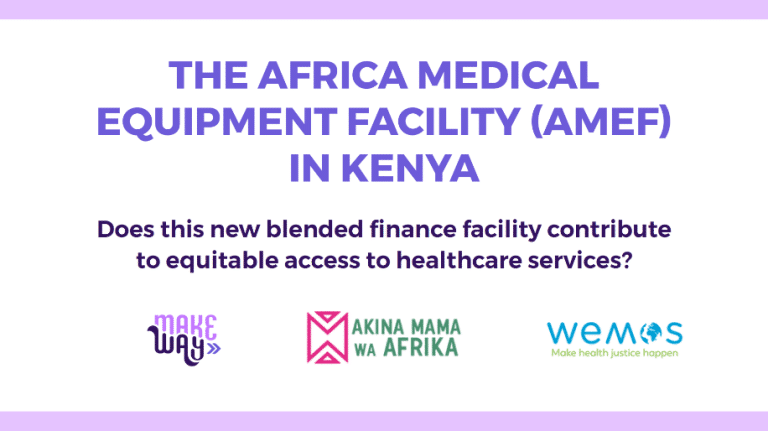What we expect from the evaluation: recommendations for alignment, coordination and health financing
Drawing from our expertise, we present the main points we would like to see the GFF include in their evaluation.
Alignment and coordination
At Wemos, we strongly advocate for better alignment with country priorities and plans, and improved coordination among global health initiatives. We celebrate the GFF’s efforts to enhance donor alignment at country level by implementing its Alignment Framework. This framework includes multi-stakeholder consultations to conduct diagnostic exercises and a ‘maturity model’ to (1) track the process of alignment, (2) evaluate the adherence to ‘one plan, one budget, one report’, and (3) develop mechanisms to improve alignment (see more: Alignment working group – progress update 2022).
On top of that, in 2023, the GFF and other global health initiatives (ie, the Global Fund and Gavi, the Vaccine Alliance) endorsed the recommendations of the Lusaka Agenda, which emphasize the need for further harmonization among initiatives and alignment with governments’ health systems and priorities.
We expect the evaluation to critically assess the GFF’s own contribution to alignment with country plans and coordination with other global health initiatives. This evaluation should generate actionable suggestions to improve alignment and coordination for the next five-year strategy period.
Health financing
We also expect the GFF to critically assess its blended finance approach, considering the evidence on the negative impact of private-for-profit health investments on equity. Blended finance is a strategic approach that combines public and private investment to leverage additional capital for development projects, particularly in emerging markets. It aims to attract private sector investment into areas that typically lack sufficient funding by reducing the investors’ risks. In the last couple of years, the GFF has implemented this approach through collaborations with the International Finance Corporation (IFC), the private sector arm of the World Bank Group.
However, Wemos’ research from 2022 has shown that the first co-financing project between the GFF and the IFC – the Africa Medical Equipment Facility in Kenya – is unlikely to contribute to equitable access to healthcare and reach the people most in need.
Since fighting inequalities is central to the GFF’s mission, the evaluation should explicitly assess the effects of blended finance on sustainable health systems. This topic may be examined both under the question on the GFF country engagement model and on the results of the quality of health services and health system strengthening.




